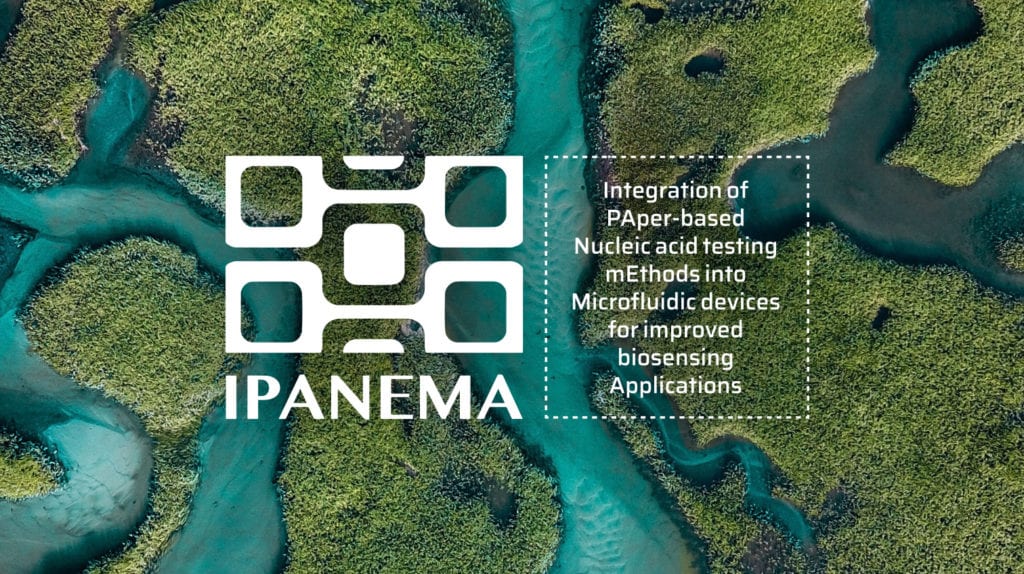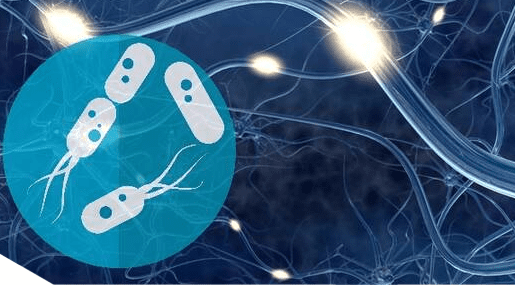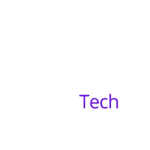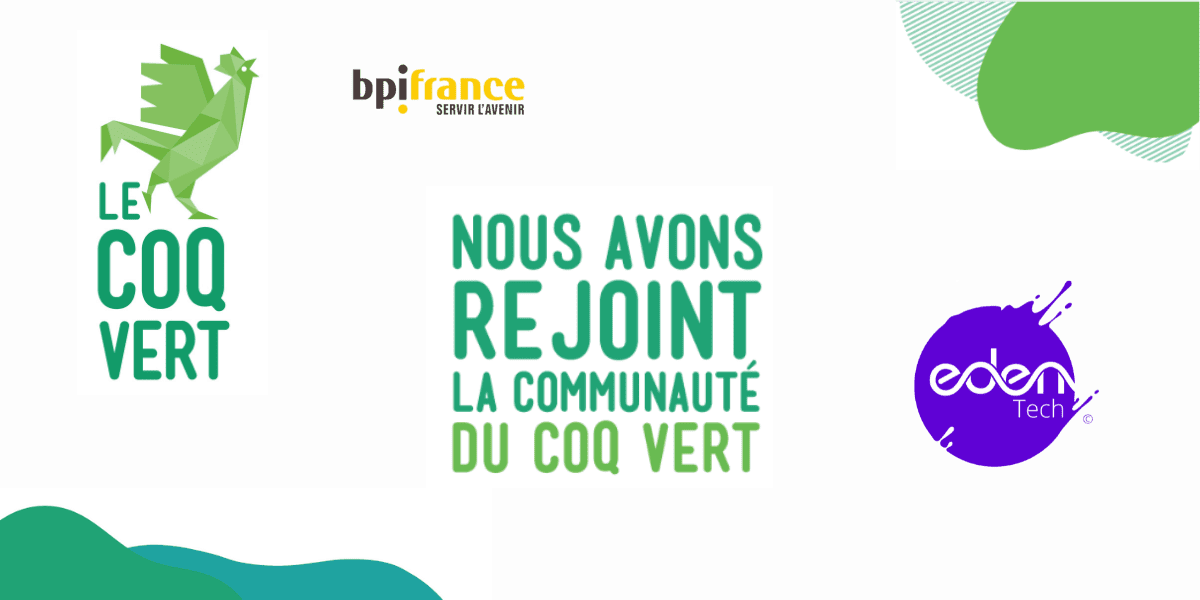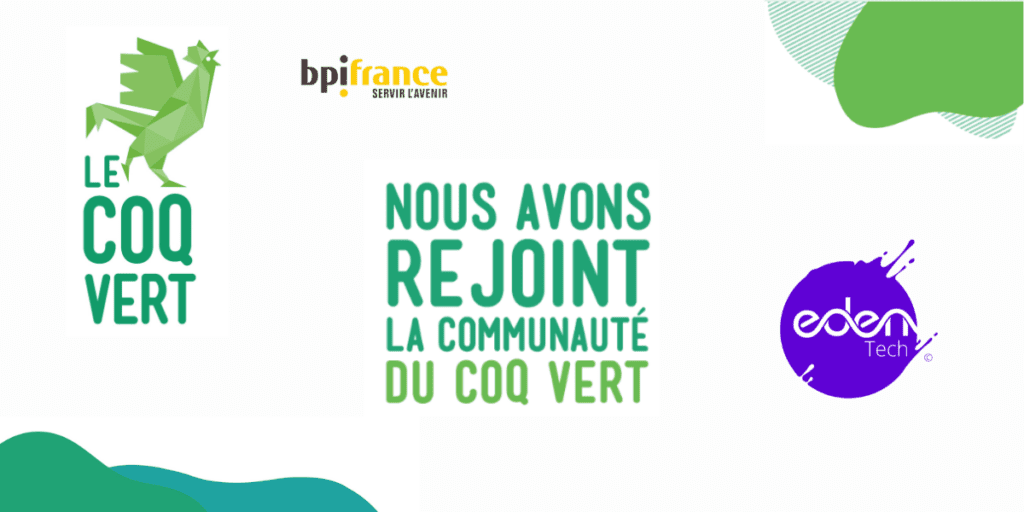EDEN MEDTECH
Inspired By Nature, To Innovate
Medtech Microfluidics, Organ-on-chip, Artificial organs.
EDEN MEDTECH
Inspired By Nature, To Innovate
Medtech Microfluidics, Organ-on-chip, Artificial organs
Products > Next-Generation Products > Eden Medtech
revolutionizing the medtech industry
With high-volume & low-pressure microfluidic systems

Fluid microtechnology first revolutionized the medtech industry, with the ability of manipulating cells in fluids at the smallest scale. This is what gave us faster genetic testing, portable blood machines, and novel cellular therapies.
EDEN is ready to achieve the second medtech industry, with its expertise and most of all, its high-volume, low-pressure microfluidic systems.
REVOLUTIONIZING THE MEDTECH INDUSTRY
With High-Volume & Low-Pressure Microfluidic Systems

EDEN is ready to achieve the second medtech industry, with its expertise and most of all, its high-volume, low-pressure microfluidic systems.
What is Organ-on-a-chip?
An organ on a chip (« OoCs ») is a miniaturized system designed using the architecture of a human organ to mimic its physiological functions. The use of microtechnologies makes it possible to perfuse cellular structures and to control the physical and biochemical environment of the cells in order to obtain the desired multicellular architecture. In recent decades, an important evolution in our understanding of medicine and organ organization allowed us to model in vitro human organs. The aim is to find a better alternative to animal models for tests that would be ethical, more accurate, more convenient, and cheaper.
Nowadays, the toxicity of a drug in development is first tested on common 2D cell culture then administered to animals. But one of the major problems of animal testing is that it assumes that humans are just experimental animals because of some important similarities in their biology, but there are also key differences between humans and animals. Because of this, 80% of drugs in development fail in clinical trials because of lack of efficacy or presence of toxicity. Even if animal models provided a great understanding of pathological or physiological pathways, scientists are becoming more and more aware of its limitations to mimic human nature. The technology of « organ on chip » offers a promising alternative to animal models.
What is Organ-on-a-chip?
An organ on a chip (« OoCs ») is a miniaturized system designed using the architecture of a human organ to mimic its physiological functions. The use of microtechnologies makes it possible to perfuse cellular structures and to control the physical and biochemical environment of the cells in order to obtain the desired multicellular architecture. In recent decades, an important evolution in our understanding of medicine and organ organization allowed us to model in vitro human organs. The aim is to find a better alternative to animal models for tests that would be ethical, more accurate, more convenient, and cheaper.
Nowadays, the toxicity of a drug in development is first tested on common 2D cell culture then administered to animals. But one of the major problems of animal testing is that it assumes that humans are just experimental animals because of some important similarities in their biology, but there are also key differences between humans and animals. Because of this, 80% of drugs in development fail in clinical trials because of lack of efficacy or presence of toxicity. Even if animal models provided a great understanding of pathological or physiological pathways, scientists are becoming more and more aware of its limitations to mimic human nature. The technology of « organ on chip » offers a promising alternative to animal models.
High-Volume Artificial Organs
Microfluidic devices can be used to transport blood similarly to organs in our bodies.
Microfluidics is well-used for its small volume capabilities. Yet, it is highly underused in large volume applications. With EDEN, you can now tackle challenges of all volume, and be assured that your solution is well-placed for large impact.
Our team of experts have worked on hundreds of medical devices, creating prototypes and developing them into commercial devices. We are passionate to bring microfluidic innovation to society, to push the boundaries of fluidic microtechnology, for a healthier, fairer world.
High-Volume Artificial Organs
Microfluidic devices can be used to transport blood similarly to organs in our bodies.
Microfluidics is well-used for its small volume capabilities. Yet, it is highly underused in large volume applications. With EDEN, you can now tackle challenges of all volume, and be assured that your solution is well-placed for large impact.
Our team of experts have worked on hundreds of medical devices, creating prototypes and developing them into commercial devices. We are passionate to bring microfluidic innovation to society, to push the boundaries of fluidic microtechnology, for a healthier, fairer world.
LUNG Project
One of the earliest inspirations for Eden Tech solutions is the lung, with its capability of oxygenating 5 liters per minute, pumping with pressure of less than 0.2 bar, and in thousands of alveoli that, combined, represent a volume of 20 mL. The human body has mastered high-volume microfluidics. Eden Tech replicates these exceptional performances through biomimetic microfluidics. The laminar flow in microchannels ensures high hydrodynamic control and high predictability over the conditions exerted on blood.
Eden Tech designs its solution for maximal oxygenation with minimal impact on blood from moving through the microfluidic oxygenator, whereas current technologies focus on gas exchange solely. The final system benefits from an extended lifetime in operation (reduced thrombosis), a compact design (improved portability) and exceptional gas-exchange performance. With Eden’s solution, oxygenation doesn’t need to be the ultimate survival solution, but rather life enhancing companion.

LUNG Project
One of the earliest inspirations for Eden Tech solutions is the lung, with its capability of oxygenating 5 liters per minute, pumping with pressure of less than 0.2 bar, and in thousands of alveoli that, combined, represent a volume of 20 mL. The human body has mastered high-volume microfluidics. Eden Tech replicates these exceptional performances through biomimetic microfluidics. The laminar flow in microchannels ensures high hydrodynamic control and high predictability over the conditions exerted on blood.
Eden Tech designs its solution for maximal oxygenation with minimal impact on blood from moving through the microfluidic oxygenator, whereas current technologies focus on gas exchange solely. The final system benefits from an extended lifetime in operation (reduced thrombosis), a compact design (improved portability) and exceptional gas-exchange performance. With Eden’s solution, oxygenation doesn’t need to be the ultimate survival solution, but rather life enhancing companion.

Type text (quote) here
Eden Tech & Consortiums
Want to find out more about our research activities? Eden Tech has various R&D activities including those in our Eden Medtech unit led by our CSO Cecile Perrault. One of the Horizon 2020 projects we participate in is Renoir ITN, which focuses on the development of organ-on-chip and microfluidic cell culture devices for cell and muscle regeneration.
As a participant of Renoir ITN, Eden Tech is hosting two Ph.D. candidates, Gwen Newman and Thomas Feaugas, as well as Silvia Calzuola, a PhD candidate part of the SmartAge ITN European Project.
We also collaborate with Leandra Baptista, an associate professor from Federal University of Rio de Janeiro (UFRJ) and Researcher Collaborator at National Institute of Metrology, Quality and Technology (Inmetro). This collaboration is funded by the European Commission, through a Marie Curie action.
In the short videos below you can find out more about their different projects! They also provide short explanations of microfluidics, organ-on-chip technologies, and our Flexdym biocompatible polymer for easy microfabrication.
Eden Tech & Consortiums
Want to find out more about our research activities? Eden Tech has various R&D activities including those in our Eden Medtech unit led by our CSO Cecile Perrault. One of the Horizon 2020 projects we participate in is Renoir ITN, which focuses on the development of organ-on-chip and microfluidic cell culture devices for cell and muscle regeneration.
As a participant of Renoir ITN, Eden Tech is hosting two Ph.D. candidates, Gwen Newman and Thomas Feaugas, as well as Silvia Calzuola, a PhD candidate part of the SmartAge ITN European Project.
We also collaborate with Leandra Baptista, an associate professor from Federal University of Rio de Janeiro (UFRJ) and Researcher Collaborator at National Institute of Metrology, Quality and Technology (Inmetro). This collaboration is funded by the European Commission, through a Marie Curie action.
In the short videos below you can find out more about their different projects! They also provide short explanations of microfluidics, organ-on-chip technologies, and our Flexdym biocompatible polymer for easy microfabrication.
About Us
Eden Tech is a company reinventing microfluidics with user-friendly and scalable solutions. Our products are aimed at pushing forward both academic and industrial innovation.
Contact Us
About Us
Eden Tech is a company reinventing microfluidics with user-friendly and scalable solutions. Our products are aimed at pushing forward both academic and industrial innovation.



